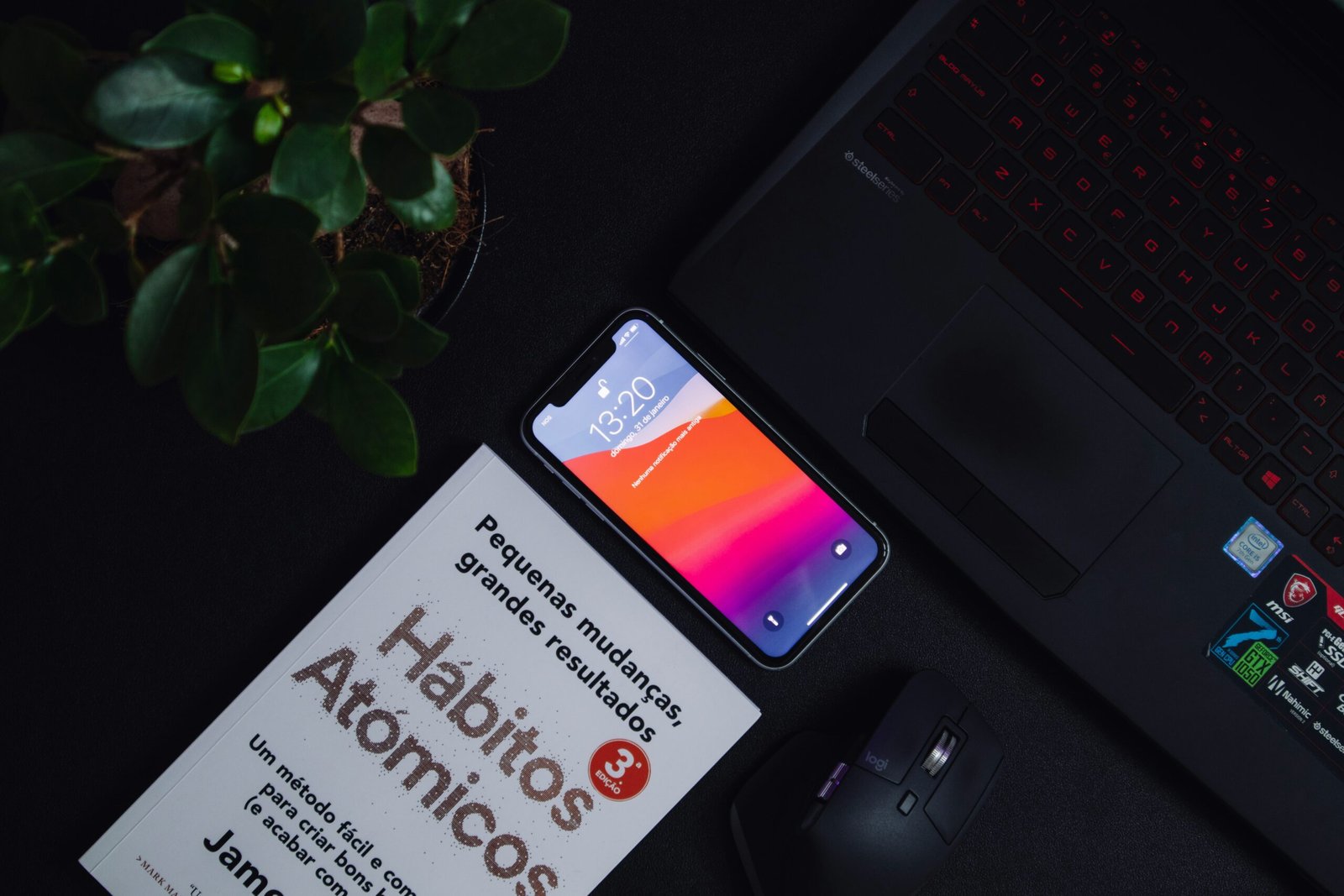
Przed Tobą
- I will present you the most important rules for first presentations or pitches
- You will learn the importance of creating engaging and memorable openings,
The workshop with space3ac startups is about to start. Without any ado I begin with a riddle. I do not introduce myself, I do not try to make myself more important quoting my accomplishments. After all I am as good as my last keynote. I am as good as my last post. And as good as my last workshop. I take out two knives: one wooden and one made of surgical steal. They’ve been in the same room temperature for some time. I come up to first participant and ask: Can you tell me which one is warmer? He hesitates, but is intrigued. After having touched them both he point to the wooden one.
I go up to another person. She agrees. The wooden one is warmer. The test continues. All 10 people in the room say the wooden knife is warmer. But it’s not. I explain:
See, the brain sees everything in context and sometime does a lousy job in giving you accurate informations. It gives you good enough answers and good enough assumptions. The brain of the person listening to your pitch will help them decide in a blink of an eye, what is 'warmer’ and what is 'colder’. And by warmer and colder I mean: true or untrue, relevant or not. So if you want to communicate well, you need to know what is good for the brain.
Both the test and the quick explanation were not only a good way to start a workshop. They were also a part of 'my pitch’ to them. After all I was 'selling the whole workshop. My job was to convince them to work with me for the next 4 hours. So I had to start with the big idea to:
- capture their attention,
- keep them interested,
- intrigue them,
- establish my credibility
- engage them.
I succeeded. Mostly because I started with the Big Idea. You see, the brain pays more attention to the gist that to peripheral details of an emotionally charged experience. Normally if we do not know the gist—the meaning—of information, we are unlikely to pay attention to its details. The brain selects meaning-laden information for further processing and leaves the rest alone. Remember that you know everything about your solution or idea you are presenting. The audience has to make sense of it. And their brain will do it only if they are intrigued and know the meaning. Knowledge, information you are presenting should be organised around core concepts or 'Big Ideas’ that guide your audience thinking. Here’s one example:
We’re building an artificial intelligence music composer. 400 hours of video is uploaded on the youtube every single minute. A figure that’s quadrupled in the past three years. At the same time 3000 of hours is produced for movies and tv every single day. And pretty much all this content needs music.
That’s Jukedeck Big Idea. After presenting this, they continue with the problem:
But talk to any music video creator and they will tell you that finding music for video content sucks. This is Marcianophone a south american youtube creator. He has 500 k subscribers and more that 80 m views. when he shots his videos he needs to add music. So he goes to the stock audio libraries where he spends ages looking for the right track. When he finally finds the one he likes, it’s expensive. costing around $40 for a three minute track. The copywriting and royalties are really confusing. And it won’t fit his video. Meaning he has to manually edit it. what’s more—thousands of other video creators have used the very same track. Making his video less unique. In short it’s a massive pain. Take marcianophone pain and multiply it by millions of video creators around the globe, and you’ve got massive problem…
By starting their winning TechCrunch pitch like this they made sure the audience understands 'the meaning of it all’. They created a setting easy to comprehend. If you want people to be able to pay attention, don’t start with the details. Intrigue them with the Big Idea. Start from the key ideas and, in hierarchical, structural fashion—based on contrasts—form details around these larger notions. Meaning before details. Problems before solutions.










Komentarze
Proszę o zachowanie kultury wypowiedzi w komentarzach.